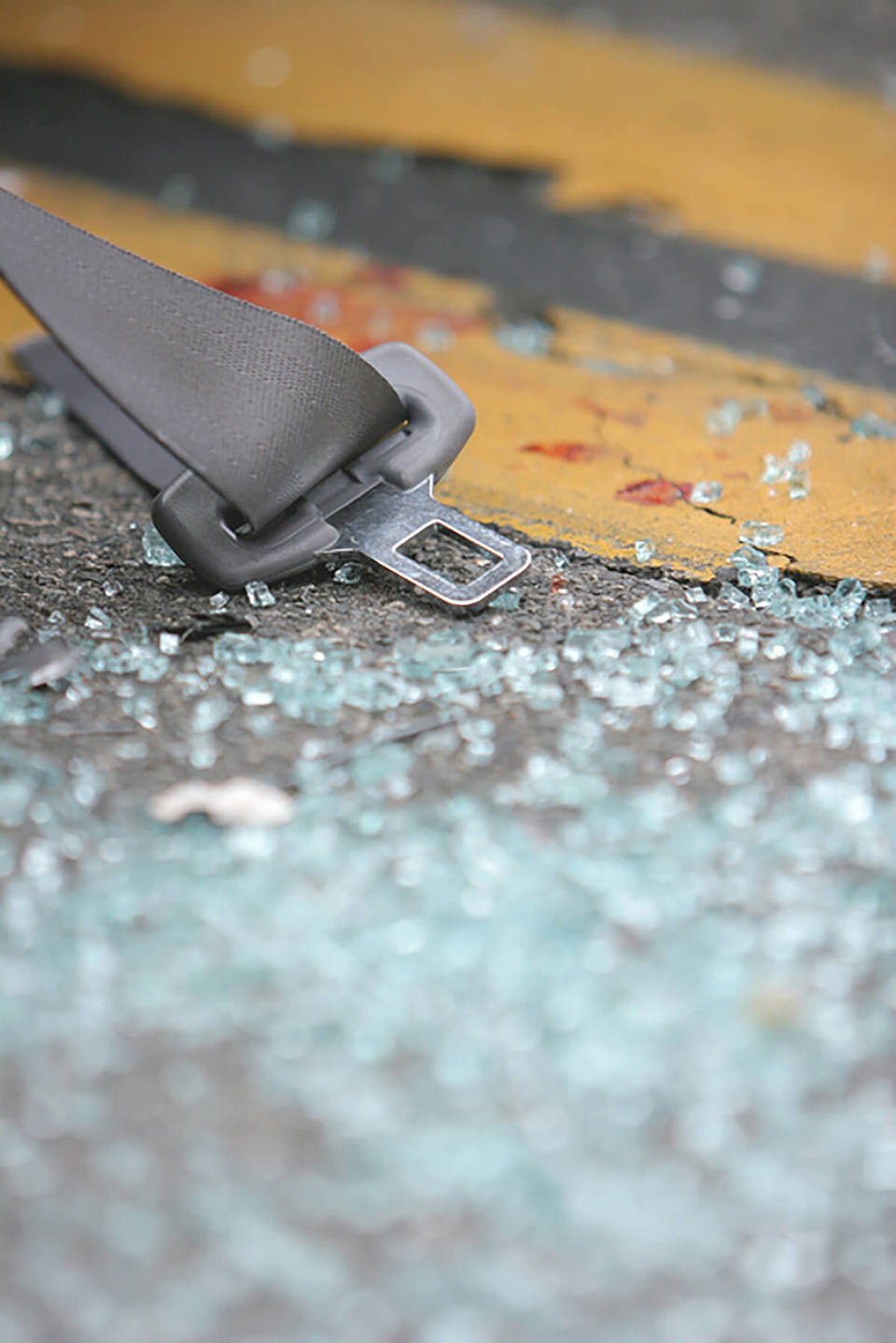Insurance fraudsters who target fleets by deliberately staging road accidents are themselves coming under attack – from a specially-set-up organisation.
Over the past four years, fraudulent claims have soared by 70%, with criminals who cause crashes in order to make inflated and illegal claims largely to blame.
Last year, 38% of BVRLA members were victims of induced accidents, with commercial fleet operators – especially those with liveried vehicles – often targeted on the assumption that they will be well insured.
But fleet operators and the insurance industry are fighting back through the formation of the Insurance Fraud Bureau (IFB).
This created a single body to take action against the growing menace and since it was established 18 months ago, there have been more than 150 arrests as a result of some high-profile police activity and unprecedented co-operation between its members.
Glen Marr, IFB member and vice-president of financial crime for insurer AIG UK, says: “It was important for insurance companies to start working together with the legal authorities as the practice was impacting on the industry.
“Despite the fleet industry becoming better at tackling and responding to fraudulent claims, the real catalysts for change are the innocent drivers involved.”
Research by the IFB has identified circumstances which suggest a driver is about to become a victim of a staged crash, and it has urged that fleets use its findings as part of an ongoing education programme.
“Signs that an accident is imminent are older cars or hire vehicles, containing numerous occupants, travelling in front suddenly braking, especially on or near roundabouts, and cars travelling closely alongside vehicles that are likely to be targeted,” says Steve Shirley, Norwich Union’s commercial motor risk manager.
Other signs range from the incident occurring in a remote spot with no witnesses, to the more routine, but easily missed, fact that the person who caused the collision provides a contact address close to the accident location.
In the aftermath of a collision, signs to be aware of are blame being apportioned quickly, policy details being to hand, or so-called witnesses volunteering their input without being asked.
Staged accidents are more likely to take place late at night or early in the morning, involve drivers under the age of 30 with victims reporting very similar injuries.
At the time of the accident, drivers are encouraged to take note of as much information as possible if they suspect something is untoward.
But Mr Shirley advises: “Drivers should not confront anyone at the time of the accident but raise any concerns with their insurers instead.”
Noticing any abnormal behaviour, whether the vehicle that caused the crash has multiple occupants and recording all of their, and witnesses’, details, ensuring the police are called if anyone is injured and, where possible, taking photographs of the damage, will all help establish whether the accident was genuine or not.
Nora Leggett, BVRLA head of member services, who has responsibility for the body’s own insurance fraud group, says: “Although most accidents are genuine, it is vital that the rental and leasing industry is aware of the indicators that can help identify bogus claims.”
Mr Shirley says that increased awareness and improved education has led to a 28% drop in fraud-related costs for fleet operators.
"While the number of incidents continues to rise, especially during the current economic climate, an increased level of alertness to the issue is driving up prosecution rates,” he says.
This certainly appears to be the case, with the net closing in on those perpetrating such scams, known in the industry as ‘cash for crash’.
The success of the fightback against fraud is backed up by James Heath, director of counter-fraud strategy at legal firm Keoghs.
He says: “In June, 40 people were charged following an alleged £5 million fraud ring. Increasingly sophisticated technology used to identify suspected fraudulent claims makes it more difficult for them to pass undetected.”
- Anyone who believes they have been the victim of a staged accident can call the IFB hotline on 0800 328 2550.
















Login to comment
Comments
No comments have been made yet.